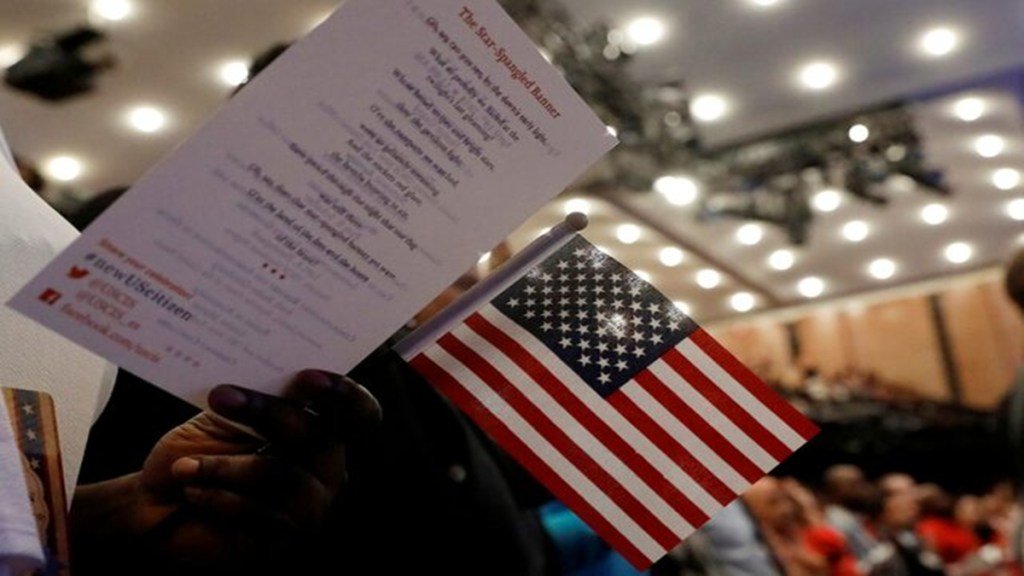
In the post-2025 political climate, overstaying your welcome in the United States has become a high-risk gamble that can severely impact future travel, immigration prospects, and even result in incarceration. Under revived Trump-era immigration enforcement, what was once considered a technical violation is now treated as a serious breach of U.S. law, with penalties ranging from fines and visa cancellations to imprisonment.
Even a single day over your visa expiration date can lead to an automatic cancellation of your visa. This disqualifies you from any renewal, adjustment of status, or extension, potentially forcing you to return to your home country to reapply—if you’re not blacklisted.
For those who overstay for more than 180 days but less than a year, leaving the country triggers a three-year reentry ban. Exceeding one year, however, results in a ten-year ban, effectively cutting off all opportunities to return, whether for tourism, study, or work.
The consequences become even more severe under the Visa Overstay Enforcement Act. First-time offenders can face up to six months in prison, heavy fines, and a five-year ban from re-entering the U.S. Repeat overstayers may be subject to up to two years in federal prison and a permanent ban.
Deportation efforts have intensified in 2025, with targeted removals becoming more common. Individuals who overstay, even by a few weeks, are now at higher risk of deportation—especially if flagged by employers or encountered during routine law enforcement checks. In some cases, even activists, students, and protesters have been caught on ICE’s radar, resulting in rapid visa cancellations and expedited deportations.
In addition, recent immigration reforms have eliminated humanitarian parole programs for several countries, leaving hundreds of thousands of migrants who once had protection vulnerable to detention and deportation.
For those on a U.S. visa, it is crucial to monitor your visa expiry date closely. Applying for extensions well in advance is essential, as processing delays are common and even a 24-hour overstay can count as a violation. Avoid agents who promise quick fixes, as shortcuts can lead to deportation. If you are nearing the end of your authorized stay, it is advisable to consult a certified immigration attorney for guidance.
In cases where you might need to stay longer due to emergencies, health issues, or other unforeseen circumstances, the legal route is to apply for a visa extension or a change of status through USCIS before your current visa expires. This requires demonstrating a valid reason for the extension, proof of financial support, and a clean record of immigration compliance. It is recommended to file this application at least 45 days before your visa expires to ensure you can legally remain in the country while your request is processed.


















